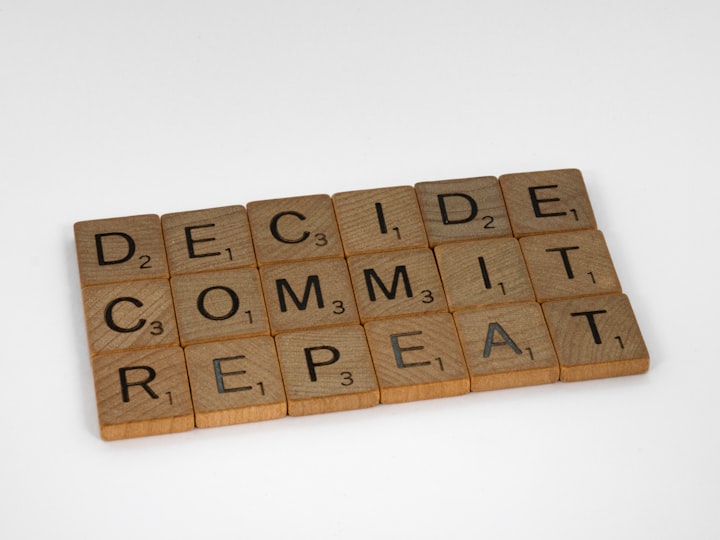The Myth of Readiness
You'll never be ready. Just go for it.

Imagine you’ve just been to the doctor for a routine checkup.
But your doctor found something.
A few weeks later, tests confirm that you have a stage II non-Hodgkin lymphoma.
Treatments begin in earnest: chemotherapy, immunotherapy, and radiation.
You lose your appetite. Weight loss becomes a problem not a desired outcome. You lose your hair. You don’t have energy to do most of the things you love. Some days, you don’t have the strength to even get out of bed to vomit.
Fortunately, your doctor caught the disease in the earliest part of stage II. Your chances of recovery are good, but you’re in for the fight of your life.
Literally.
You become the most disciplined version of yourself, following your cohort of doctors’ recommendations to the letter to give yourself the best chance of recovery.
Treatment lasts seven months; recovery another year beyond that.
Nineteen months of your life engaged in a struggle you didn’t choose.
· · · · · · · · ·
It’s a dramatic, though all too common, example. Every day millions of people across the globe are confronted with challenges not of their making or choosing.
You’re never ready for those kinds of challenges, yet many survive and even thrive during these difficult episodes.
“The human will is an amazing thing,” Steven R. Covey said. “Time after time it has triumphed against unbelievable odds.”
Unbelievable odds. The underdog story. The person who beats the house against a ravaging disease.
They’re the kinds of stories that make us stand up and cheer. They inspire us.
Again, the protagonist of those stories often doesn’t choose their challenge. It finds them; sometimes even seeking them out.
· · · · · · · · ·
Why is it when we’re confronted with such overwhelming obstacles, we can figure out how to overcome, but when faced with decisions not of the life-or-death variety, we hesitate, make excuses, or give up altogether?
I started my software development company four years ago. Do you know how many products we’ve sent to market?
Zero.
The list of reasons why is endless, but they’re all excuses. I’ve had a decent regular job that’s kept my kids in shoes and food on the table so I haven’t prioritized the work. I’ve also used the excuse that so many would be entrepreneurs do: I’m just not ready or it’s just not ready.
I need to learn more. The product needs this or that feature. There aren’t enough prospective customers. I need more time to learn.
Maybe you’re not starting a business. Maybe you’ve been chasing a healthy living goal for more years than you care to admit, but there’s always something standing in your way. Maybe it’s a relationship you’ve meant to mend.
Readiness is a myth.
Rarely is there a time better than right now to start something that has the potential to improve your life and the lives of those you care for.
There will always be a host of excuses why you’re not ready, but if you start something with the same determination that you had in the imaginary cancer story you’ll find that consistent effort leads to miraculous things.
In most things, there’s a practical limit to how much you can improve. Even the “best in the world” at something will not perform at their very best every time.
You don’t have to think long to know that it’s true: showing up consistently yields significant results over time. Often, it doesn’t matter how small the effort is.
My youngest daughter does 3 pushups every day. In a year, she’ll do 1,095 of them. The number of people who can do that many pushups in a day is a rounding error against the total global population. Most people couldn’t do that many in a week or a month.
That’s the reward of consistency.
Consistency requires a plan. Without a plan, louder attention-grabbers will always be there to slurp down whatever precious discretionary time you may have.
I took back some discretionary time by reducing the amount of time I spend exercising daily and all but cut out social media. That gave me back 45 minutes a day to spend on my fledgling business.
It’s not much but over a year’s time that’s almost 280 additional hours which will be at least twice as much as I spent on it last year.
What could you do with 280 hours?
There are about 4,500 waking hours in the year. Getting back 280 of those to pursue something that improves your life is priceless.
So, what are you waiting for?
About the Creator
Aaron Pace
Married to my best friend. Father to five exuberant children. Fledgling entrepreneur. Writer. Software developer. Inventory management expert.






Comments (1)
Very true. There will always be something to use as an excuse. We have to ignore them all.